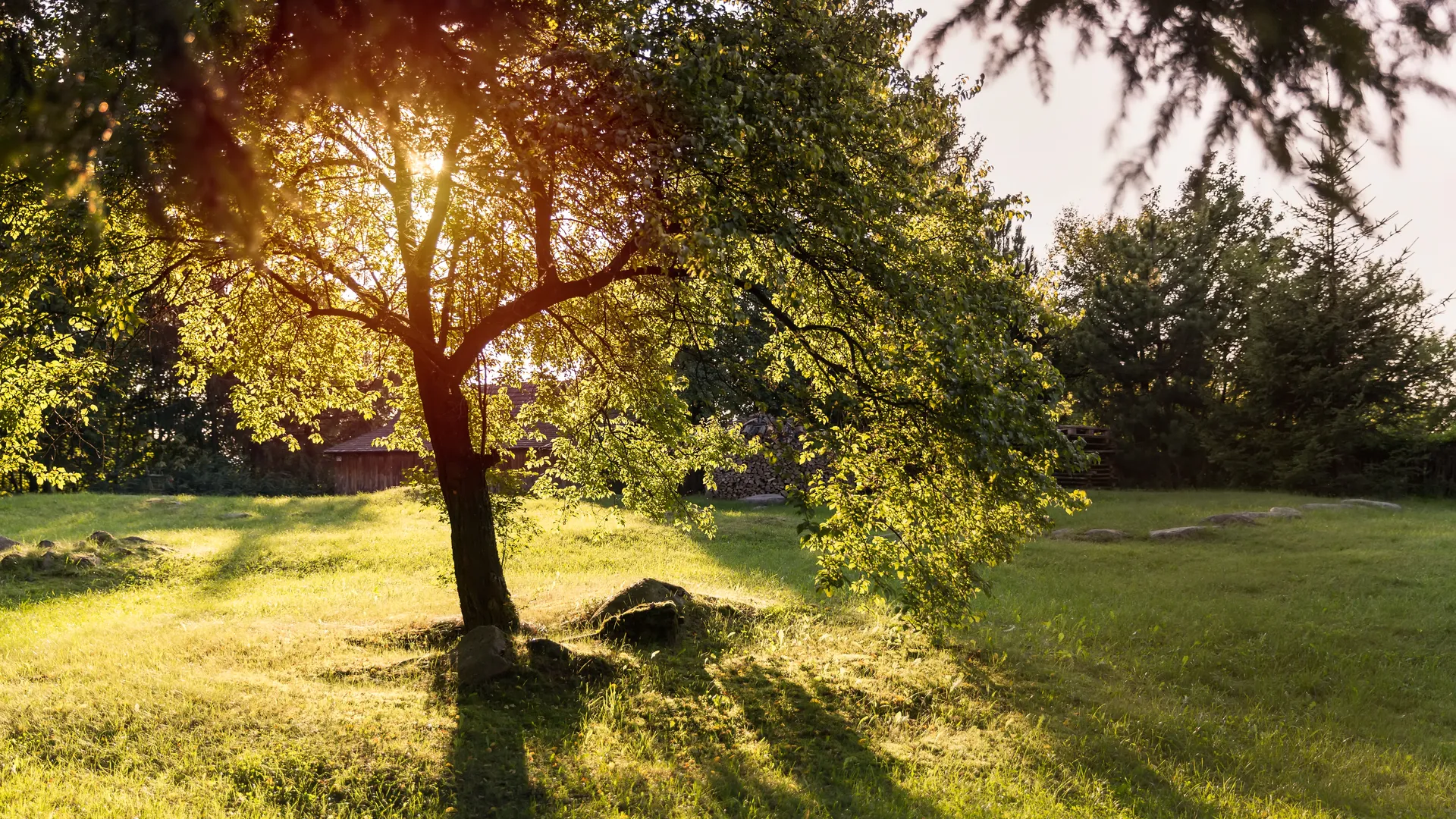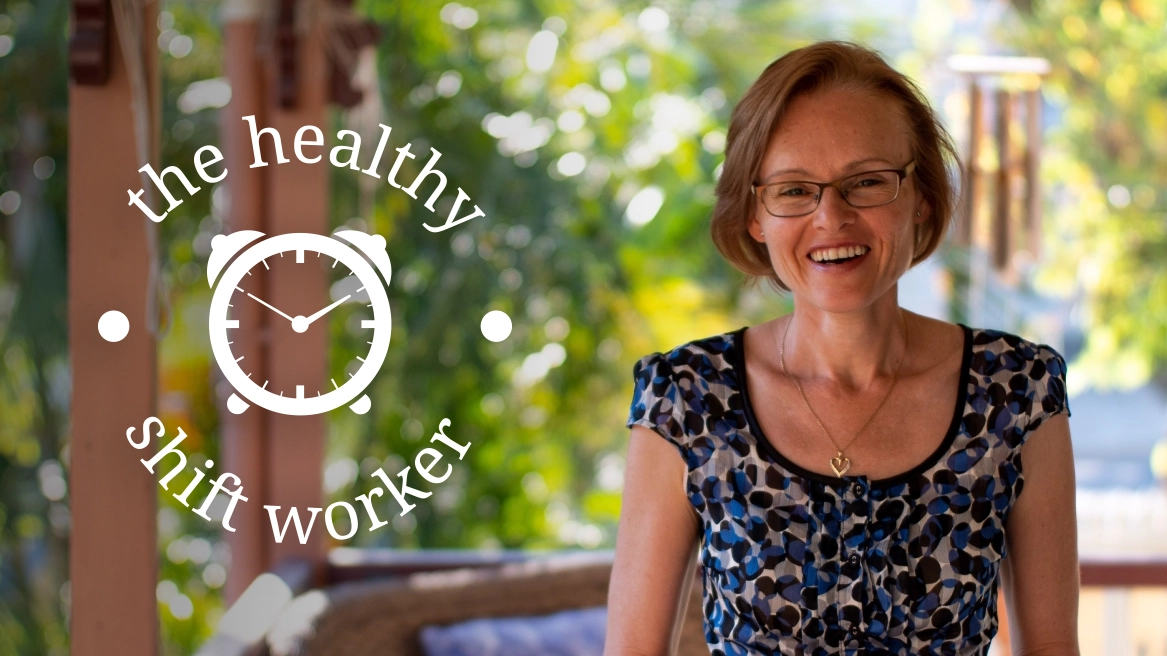When it comes to improving our sleep, so many of us are resorting to taking pills and potions when working 24/7, but did you know that using Mother Nature strategically (AKA timed sunshine exposure) can help to improve your sleep?
I know this might sound counterintuitive, but often when we think of ways to improve our sleep, most of the time we think that it’s all about what we’re doing JUST BEFORE BED (which does play a role), however, what we’re doing hours before, leading up to bedtime, also counts.
This is because getting sun exposure helps to reset certain mood-boosting hormones and neurotransmitters – in particular cortisol, dopamine, serotonin and melatonin, which also play a role in our sleep.
For example, when we get sun exposure first thing in the morning it boosts production of:
1. Dopamine – helping us to feel more happy and alert.
2. Serotonin – the pre-cursor to melatonin, our sleep-regulating hormone which helps to improve the quality of our sleep.
3. Cortisol – which tends to get a bad wrap as it’s our stress hormone, but in reality, its not bad. It’s only bad when it’s over or under produced at the wrong times. So in the morning, when we wake up, we want healthy levels of cortisol because its going to give us an energy boost, and help us to get up and go!
At the same time sun exposure is boosting cortisol, its also dampening down the sleep-regulating hormone, melatonin because they have an inverse relationship with one another.
In other words, morning sun exposure will help to reset your body clock so that you sleep better that night.
So aim to get outside within the first 1/2 hour of waking up. Ideally between 6am – 8:30am when our body clock is most responsive to sunlight – for a minimum of 30 minutes.
We have to remember that as human beings, we’ve evolved to be outside, exposed to sun on a daily basis. However, too many of us are spending our lives in artificial light, with little daylight exposure which is causing havoc on our hormones – and our sleep.
Of course, if your job involves working inside and/or a lot of night shifts, this is going to make things harder, but you’re not always at work.
So when you are on days off, or coming off a string of night shifts, morning sun exposure the following day after your last night shift, can be one of the best strategies to help to reset your body clock … and your sleep!
Even better … it’s absolutely free!
Audra x
References:
Duffy J & Cziesler C 2009, ‘Effect of Light on Human Circadian Physiology’, Sleep Medicine Clinics, vol. 42, no. 2, pp. 165–177.
Hasegawa Y & Arita M 2013, ‘Circadian clocks optimally adapt to sunlight for reliable synchronization’, Journal of the Royal Society Interface, vol. 11, no. 92.
Remi, J 2015, ‘Humans entrain to sunlight – Impact of social jet lag on disease and implications for critical illness’, Current Pharmaceutical Design, vol. 21, no. 24, pp. 3431-3437.



0 Comments